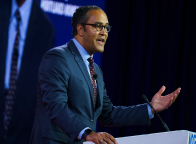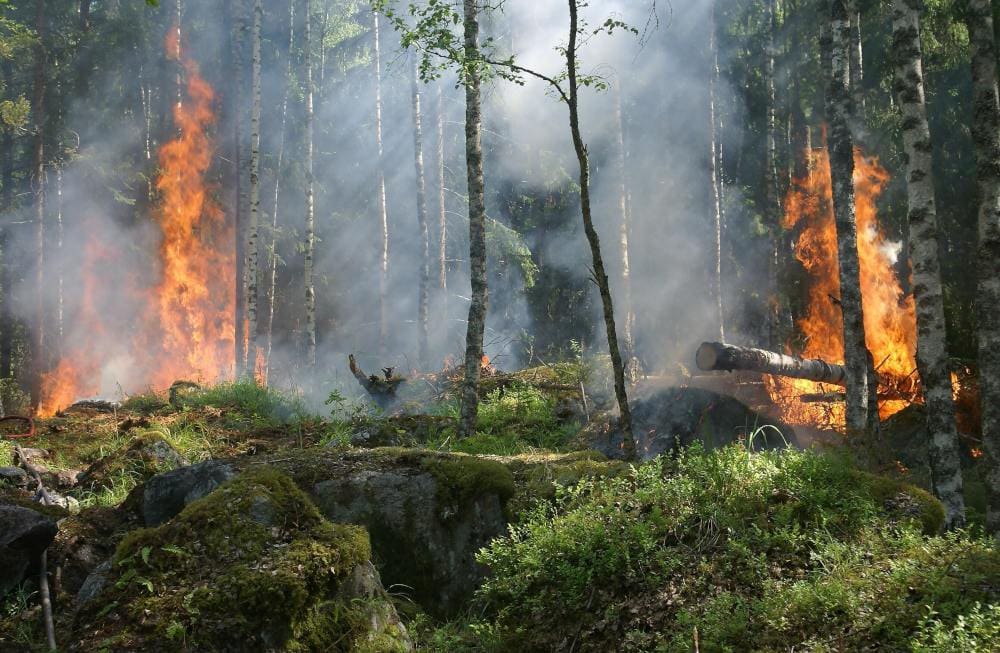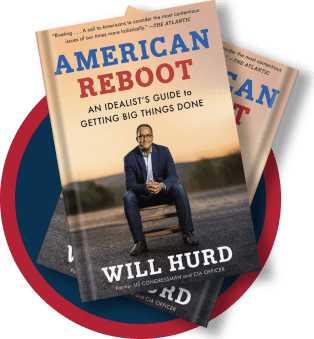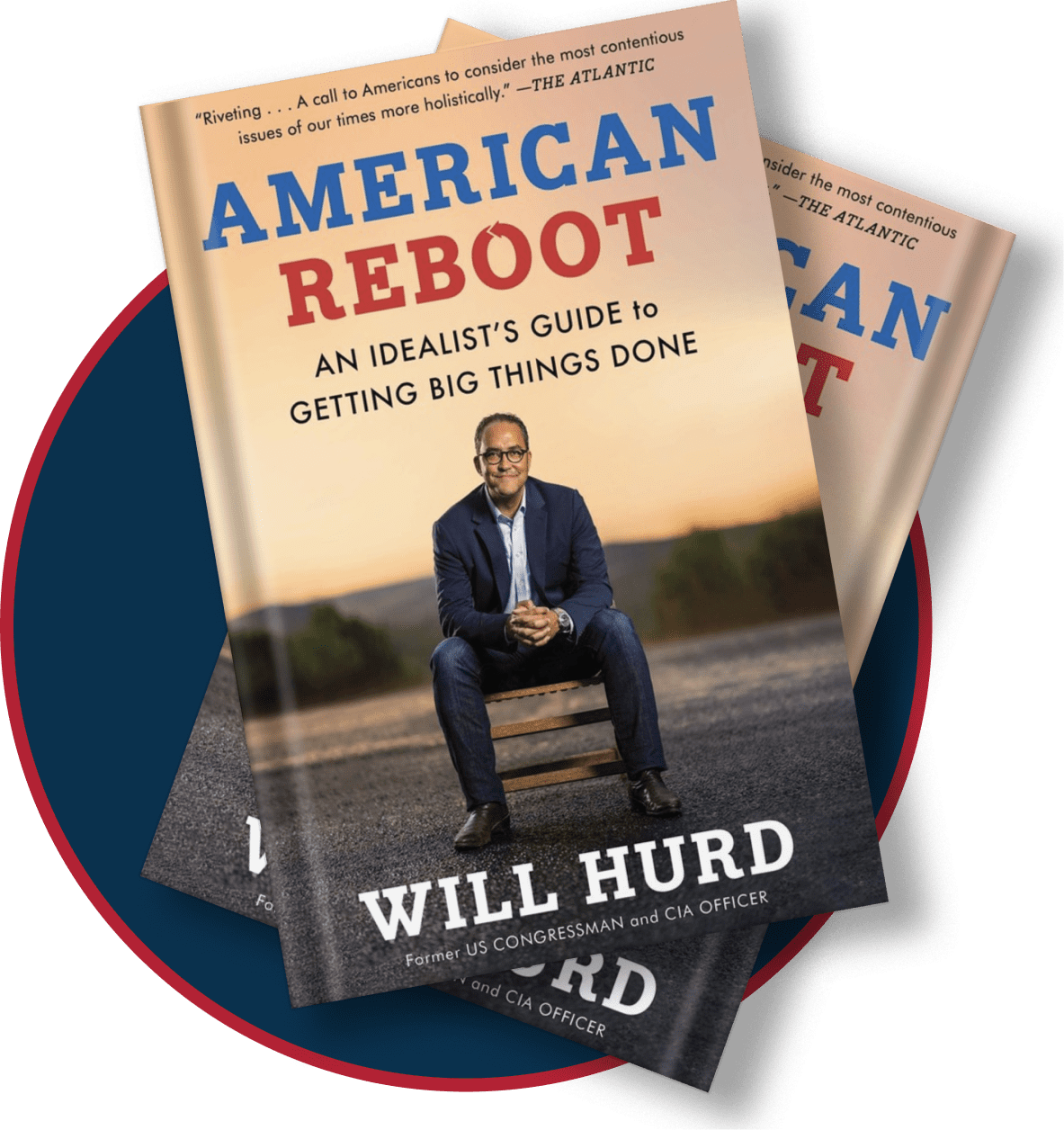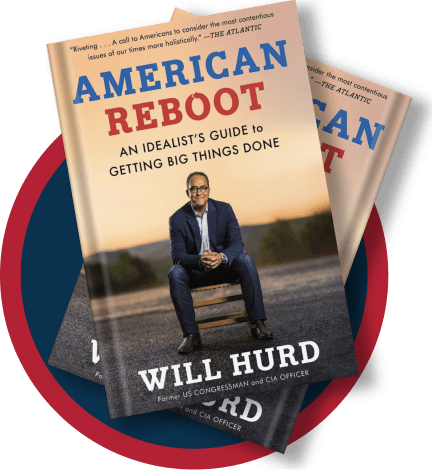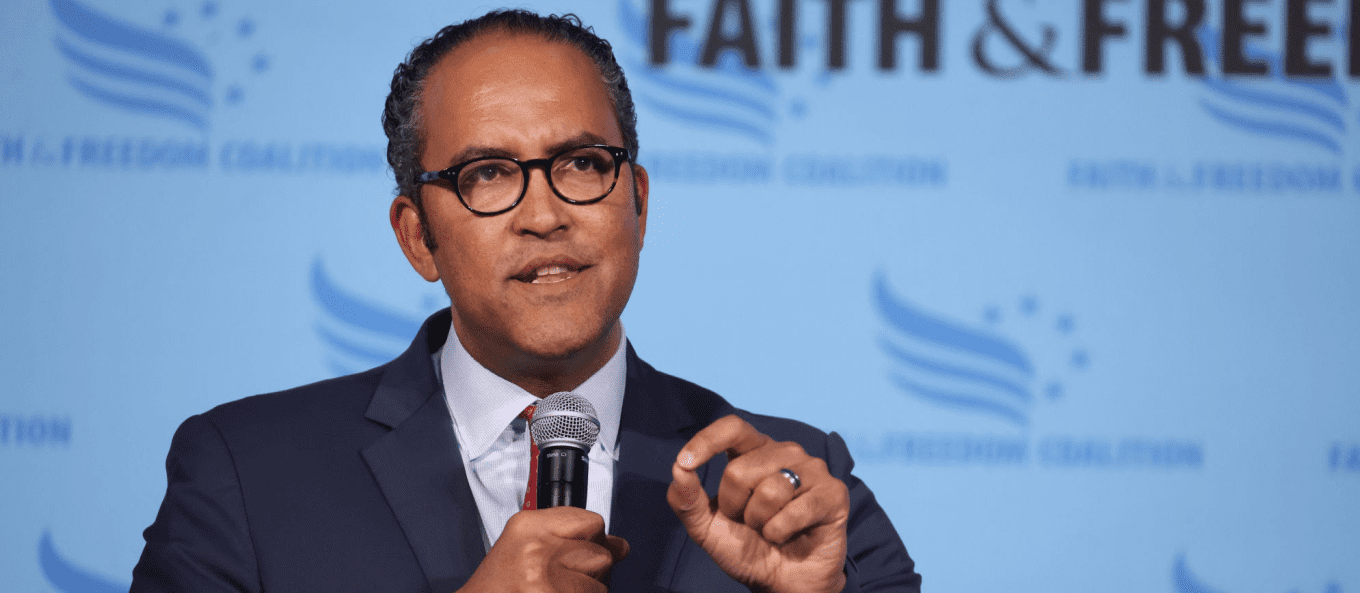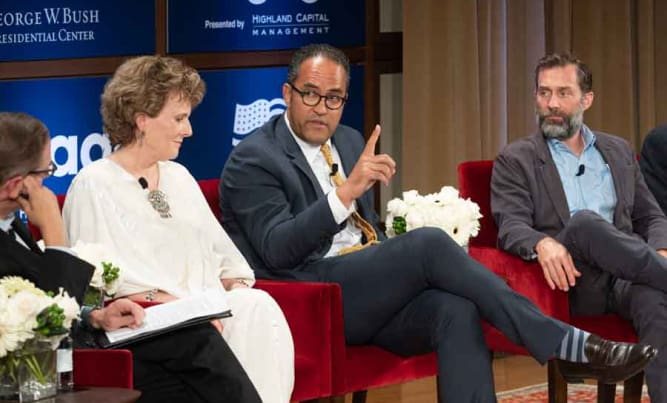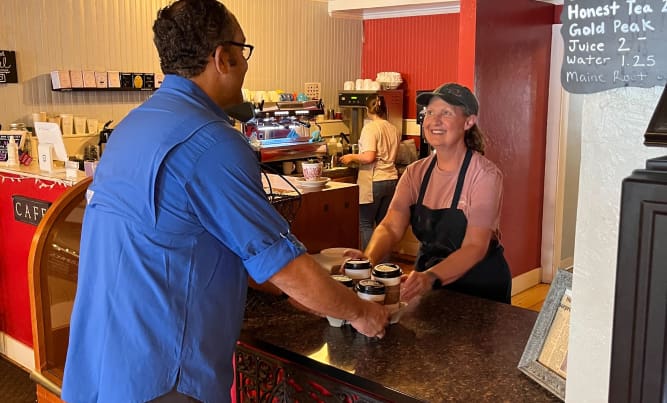The World is getting weirder. Over one million people lost power in Louisiana recently because of its fourth natural disaster in twelve months. Texas was shut down for a week because of winter storms. People were dying in the Pacific Northwest because it was too hot in the summer and the West Coast seems like it’s perpetually on fire. I had the opportunity recently to meet someone who put all this stuff in context for me. Katherine Hayhoe, a climatologist and Chief Scientist at The Nature Conservancy, taught me that to care about climate change you don’t have to be a certain type of person, you just have to be human.
To care about climate change you don’t have to be a certain type of person, you just have to be human
She also shared public polling data from the Yale program on climate change communication. The information was obtained through Spring 2020 and was not what I expected:
Estimated % of U.S. adults who think global warming …
- is happening – 72%
- will harm plants and animals – 71%
- will harm future generations – 71%
- will harm people in developing countries – 65%
- will harm people in the U.S. – 61%
- will harm them personally – 43%
Until more people think climate change is impacting them personally then we won’t see the political will necessary to do something about it. Just like we need to change our strategy for dealing with our adversaries like China, we need to change our strategy on how we are dealing with the climate. We know what will happen if we stay on our current trajectory and continue to contribute to global temperatures increasing.
- Storms will get worse. Hurricanes and floods will destroy homes, roads and critical infrastructure that took time to build and will take even longer to rebuild. While some places will see more rain, other places will experience worse drought. When air gets hotter, it sucks up more water from soil and plants.
- Droughts will threaten water supplies, severely reducing drinking water and irrigation of crops responsible for feeding and hydrating tens of millions of Americans.
- Drying plants and trees makes everything more prone to burning, so we will see more fires. While some places are getting drier and others are burning more, our coasts will witness rising sea levels.
Until more people think climate change is impacting them personally then we won’t see the political will necessary to do something about it.
The extra heat caused by increased CO2 will restrict the livable habitat of plants and animals, leading to a reduction in crop yields, and animals that produce less milk and live shorter lives, which ultimately drives up prices of food at the grocery store. We have seen in failed states like Afghanistan and Syria that an inability of a government to provide access to proper amounts of food and water are accelerants of instability and we know that failing states provide fertile breeding grounds for terrorists to grow.

The point is that climate change is a threat multiplier. It’s affecting every aspect of our life whether we are conscious of it or not. Planet Earth doesn’t need us. We need Planet Earth. We know what we need to do at a thirty-thousand-foot level – stop putting carbon into the atmosphere and take some of the carbon that is already in the atmosphere out. The hard part is going to be deciding on what options we pursue to accomplish this feat. However, we won’t be able to get to this conversation quickly enough if more people don’t think climate change is going to affect them personally. So here is my first homework assignment for you. Think about how the weather has gotten weirder from the time when you were a kid to now and send me an email about it. I’ll read every single one – will@willbhurd.com.

